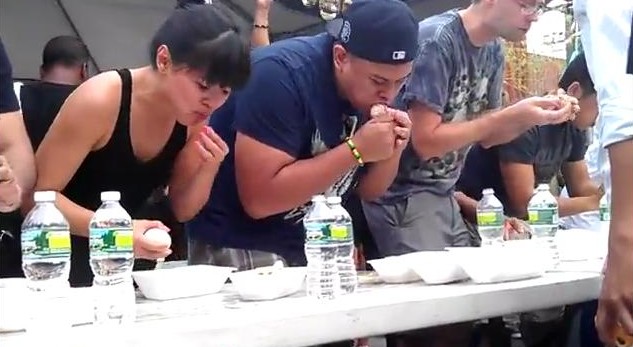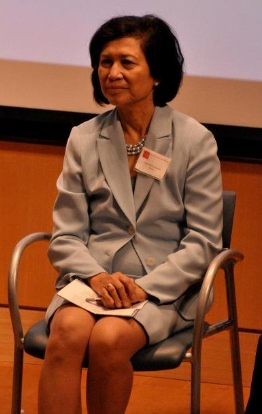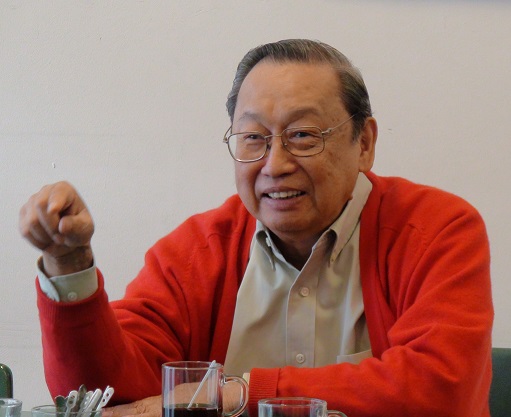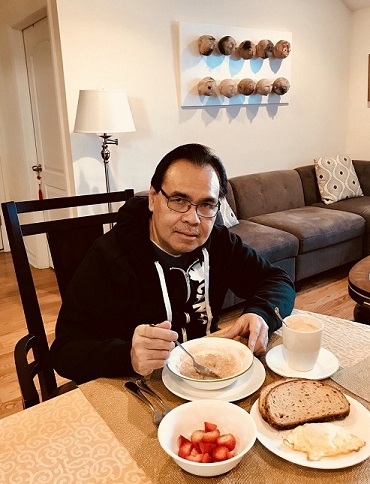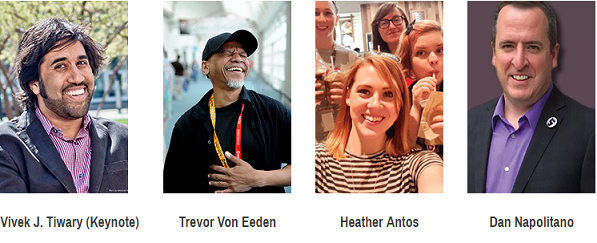Extradite Quiboloy
By Cristina DC Pastor
Now that Apollo Quiboloy is in custody, the public is weighing how Justice will be served – and where.
Will the celebrity pastor, who ordained himself the “Son of God,” face accountability in the United States where he allegedly trafficked women and molested young girls, and engaged in bulk cash smuggling, according to a U.S. federal indictment? Or will justice be served in the Philippines where the legal system looks the other way when it comes to moneyed and politically connected individuals?
Calls for Quiboloy to be extradited to the United States are starting to gain traction. His alleged crimes – “conspiracy to engage in sex trafficking by force, fraud and coercion and sex trafficking of children,” according to the FBI — happened in the U.S., specifically California and Hawaii. It’s the U.S. laws he violated so it is just right that he faces the consequences of his felonies there. He and his co accused have pleaded not guilty.
As noted by lawyer Randy Gonzales, “Someone can’t just run away from justice to another country after an accusation of committing a crime.”
Extradition makes the case for unbiased justice possible.
The Philippines and the United States have an extradition treaty where both countries agreed to turn over criminals hiding in one another’s territories. They signed the treaty in November 1994 and ratified in November 1996 when Fidel Ramos was president.
Foreign Affairs Undersecretary Eduardo de Vega explained the process to The FilAm. The U.S. will make a request to the Philippines to surrender an individual. The Department of Foreign Affairs will endorse the request to the Department of Justice which will examine the request.
“If found with merit, DOJ will file a case in a Philippine court requesting that an order of extradition be issued. The subject of course also has right to contest his extradition in court,” he pointed out to The FilAm. Senator Risa Hontiveros and a DOJ official said the United States is preparing to send an official request soon.
Ambassador Jose ‘Babe’ Romualdez, in a 2018 column for Philippine Star, gave a brief history about how the two countries have made use of the treaty to render justice and prevent criminals from fleeing the law. He wrote:
“In August 2009, the Philippines extradited high-ranking Abu Sayyaf terrorist group member Madhatta Haipe to the U.S. over charges of kidnapping for ransom of several individuals that included several Americans. Haipe was responsible for kidnapping 16 people, six of them children, in a remote area in Mindanao in 1995. It took almost 15 years…
“In 1998, the FBI requested for the extradition of the late Mark Jimenez a.k.a. Mark Crespo (for reportedly illegal campaign donations to Bill Clinton) to the United States. Jimenez managed to delay the proceedings by using political connections but was eventually extradited to the United States in 2002.”
The matter of sovereignty will always be the biggest obstacle.
“The issue is whether the Philippines should surrender its own citizen to a foreign country,” said De Vega. The extradited person will have the chance to defend himself/herself in court, argued Gonzales.
De Vega said a smooth operation of extradition helps both countries “maintain good cooperation in the pursuit of justice.”
Send Quiboloy back to the U.S. where his revolting crimes were committed. Let him fall on his sword.
(C) The FilAm 2024



